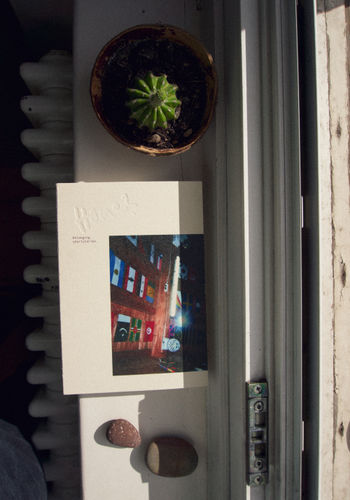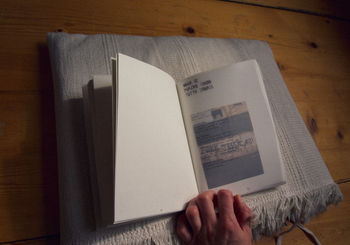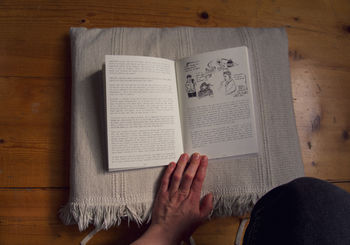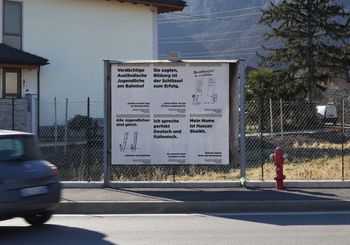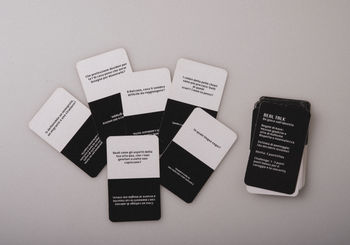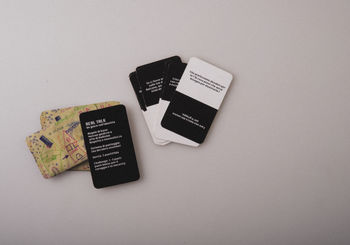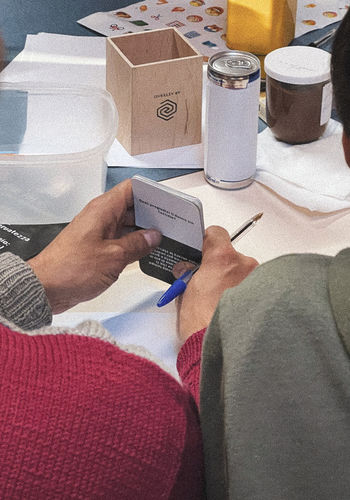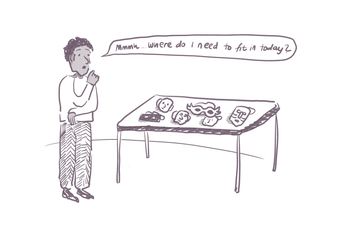Home? Belonging shortstories.
Sarah Binkowski
Through powerful narratives of migrant youth in Bolzano, Home? belonging shortstories. challenges our perspectives, reveals hidden biases and creates spaces for authentic connection across different realities.
Tools for Understanding Reality
Based on six months of immersive fieldwork at Casetta youth club, this project employs an ethnographic diary to capture the daily experiences of young people navigating cultural identities. These firsthand insights reveal how perceptions and biases about race, gender, class and religion determine who feels welcome and who feels excluded.
It‘s a matter of perspective—the way we see others determines the world we create together.
The project introduces „Real Talk,“ an innovative conversation game that creates safe spaces for honest dialogues among youth. By engaging with diverse viewpoints, participants develop greater self-awareness about their own biases while building reflective connections across cultural differences.
Creating Dialogue and Self-Awareness
These powerful awareness posters bring underrepresented perspectives of migrant youth into public spaces, challenging dominant narratives and making visible the experiences of young people who have much to contribute but are seldom heard.
